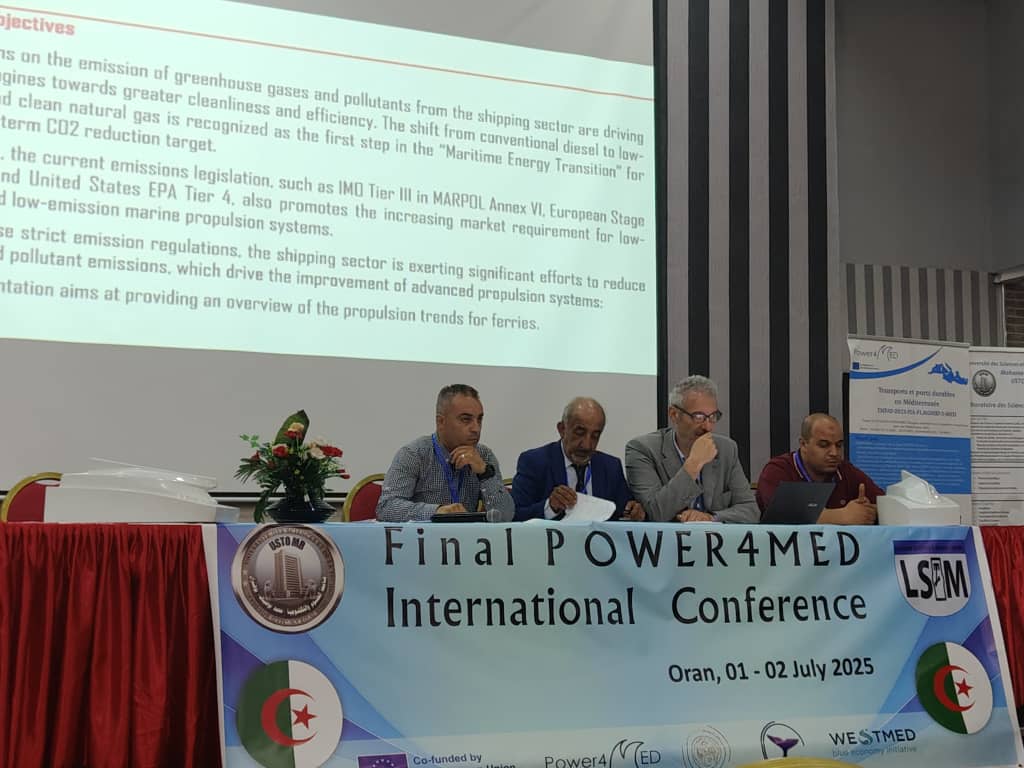GCIS has repositioned itself as coordinator of government communication
Minister in the Presidency Khumbudzo Ntshavheni says the Government Communication and Information System (GCIS) has repositioned itself as the coordinator of government communication.
“During the 2025/26 financial year, the GCIS commenced in earnest with coordinating pre- and/or post- departmental Budget Vote media briefings, and the same will be done during the tabling of Annual Performance Reports in October,” Ntshavheni said.
The Minister was presenting the GCIS Budget Vote at the Good Hope Chamber in Cape Town on Friday.
Ntshavheni said as part of the GCIS’s focus on monitoring the implementation of departmental and provincial communication plans, the GCIS will table to Cabinet on a quarterly basis communication plans, with the aim of identifying areas for improvement and support requirements for departmental and provincial implementation.
“The first report will be tabled in the next Cabinet. We intend to share these quarterly reports with the Portfolio Committee as part of enhancing its oversight on the implementation of the NCSF [National Communication Strategic Framework],” Ntshavheni said.
Ntshavheni said within this financial year, the GCIS provincial offices will commence with coordinating the communication plans of district and metro municipalities, in consultation with the offices of the Premier and the South African Local Government Association (SALGA).
“At a policy level, we are at the final consultation stages in the review of the Government Communication Policy of 2018,” Ntshavheni said.
Touching on the GCIS’s partnership with the media, Ntshavheni said the GCIS operates in a global environment where traditional news media, TV, radio and online are supplemented but at times are undermined by institutional or individual content creators, who "seek to cause mischief or drive divisions and cynicism in society".
“Under these circumstances, the GCIS continues to place a premium on engaging with trusted news channels across all media types, given their credibility and expansive reach.
“In this regard, during the 2024/25 financial year, there were 61 engagements on government’s key programmes undertaken between government officials and senior journalists.
“The GCIS continues to monitor national and international print, broadcast and online media, which ensures that government is kept abreast of issues and dynamics in the public discourse about our government and South Africa in general,” the Minister said.
Ntshavheni said social media alerts played a key role in addressing disinformation and misinformation.
“GCIS has also actively utilised digital media to reach citizens, thus harnessing the power and reach of social media in government communication.
“Improvements are, however, still required to improve the performance of other government departments, provincial and local governments’ social media platforms to be instantaneous information sources specific to their departments, provinces and municipalities,” Ntshavheni said.
Ntshavheni commended the South African Government News Agency, SAnews.gov.za, which has become a valuable source of current news and information dedicated to government priorities, programmes and interventions for the country.
“In the last financial year, 3 617 stories on key government programmes and activities were published on , focusing on government interventions in key priority areas such as anti-corruption, the fight against gender-based violence and femicide, implementation of the economic reconstruction and recovery plan, combatting crime and the outlook of the country in general.
“SAnews articles were re-published in mainstream media both internationally and domestically, which gave added traction to government messages and supplemented media reporting on government’s extensive programmes and opportunities for citizens,” Ntshavheni said.
The Minister said the GCIS continues to prioritise radio as a pervasive communication channel to reach South Africans in a language of their preference and to ensure that communities engage with government.
“In the last financial year, 1 086 radio products were used to inform citizens through differentiated formats,” she said.
The total budget allocation to the GCIS over the 2025 Medium-Term Expenditure Framework (MTEF) period (2025/26 to 2027/28 financial years) amounts to R2.468 billion, which is spread as follows:
• 2025/26: R820. 281 million.
• 2026/27: R805. 731 million.
• 2027/28: R842.171 million.
The department’s current budget of R820. 281 million for the 2025/26 financial year is shared across operational costs, capital costs, and transfers and subsidies as follows:
- An operating budget of R544. 492 million, which constitutes 66% of the budget allocation. The operating budget caters for Compensation of Employees (CoE) to the value of R311. 080 million for establishment of 500 permanent positions and goods and services to the value of R233. 412 million.
Ntshavheni said the GCIS of the future requires an extensive capital budget to accelerate digital transformation technologies and ensure that the department remains relevant, agile and productive as the Fourth Industrial Revolution rolls into the fifth.
“The budget reductions implemented by National Treasury over the 2024 MTEF period and budget growth that is below CPI could potentially lead to significant adverse consequences, such as operational compromises, stagnant innovation and diminished competitive edge,” the Minister said.
The GCIS was officially launched in May 1998. It was established in terms of Section 7 (subsection 2 and 3) of the Public Service Act, 1994, as amended. –






